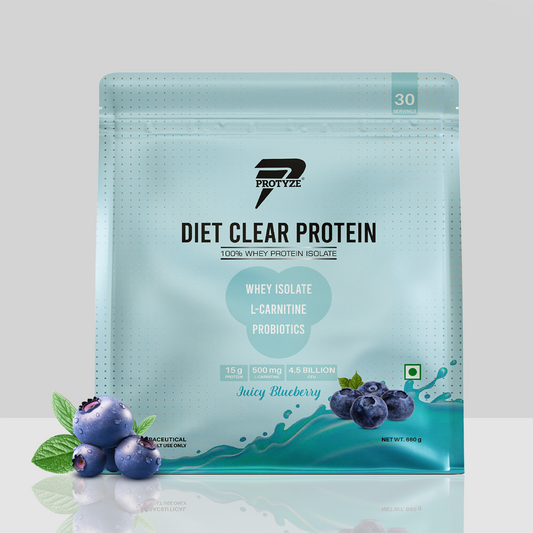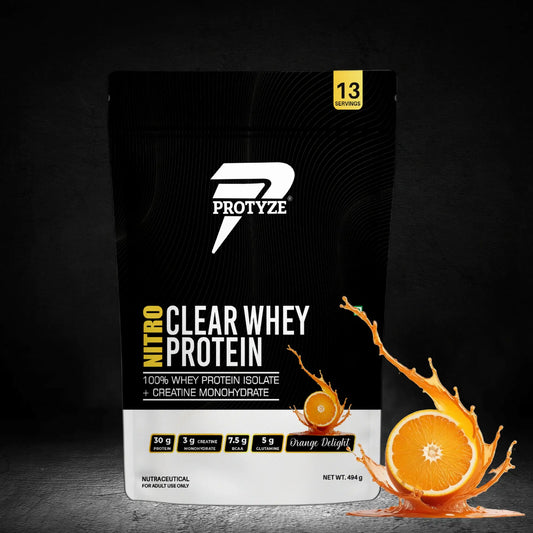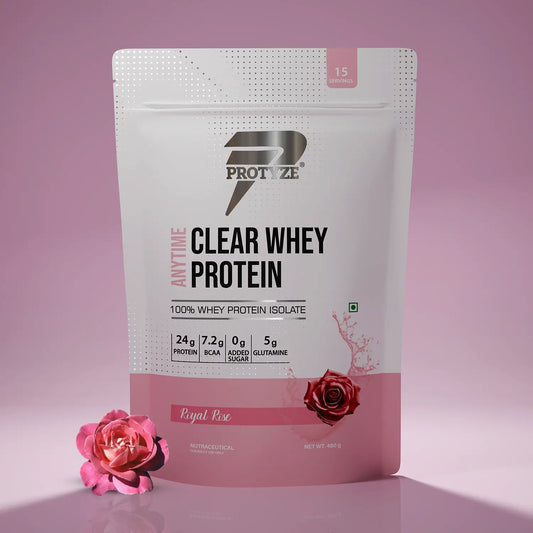A healthy gut is the foundation of overall well-being. From digestion and nutrient absorption to mood and immunity, your gut does far more than most people realize. At the center of it all lies a hidden ecosystem — the gut microbiome, made up of trillions of bacteria living inside your digestive tract.
While some bacteria can cause harm, most of them play a protective and functional role, helping you digest food, produce vitamins, and strengthen your immune system. These beneficial microbes are known as probiotics or good bacteria, and maintaining their balance is key to a healthy digestive system.
In this article, we’ll explore the best gut bacteria for digestive health, how they work, signs of imbalance, and how you can naturally improve your gut microbiome through food, lifestyle, and smart supplementation.
Understanding Gut Bacteria and Their Role
Your gut is home to more than 100 trillion microorganisms, collectively known as the gut microbiota. These microbes include bacteria, viruses, and fungi — but the bacteria are the most important for your digestive and overall health.
When the balance between good and bad bacteria is maintained, your gut functions smoothly. But when harmful bacteria outnumber beneficial ones — due to stress, poor diet, antibiotics, or lack of sleep — it can lead to issues like bloating, constipation, poor digestion, and even a weak immune system.
The good news? You can improve this balance by supporting and nourishing the right types of gut bacteria.
Top Gut Bacteria for a Healthy Digestive System
1. Lactobacillus — The Digestive Defender
Lactobacillus is one of the most common and beneficial types of gut bacteria. It’s found naturally in the small intestine and in fermented foods like yogurt, kefir, and kimchi.
Benefits:
- Helps break down lactose (the sugar in milk), improving digestion for those who are lactose-intolerant.
- Produces lactic acid, which prevents harmful bacteria from thriving.
- Supports immune function and gut wall integrity.
- Reduces symptoms of bloating and diarrhea.
There are many species of Lactobacillus — such as L. acidophilus, L. rhamnosus, and L. casei — each with unique digestive and immune benefits.
2. Bifidobacterium — The Gut Balancer
Another powerful probiotic family, Bifidobacterium, is primarily found in the large intestine. It plays a vital role in maintaining gut health by fermenting dietary fibers into short-chain fatty acids (SCFAs), which nourish the gut lining.
Benefits:
- Supports digestion of complex carbohydrates and fibers.
- Helps prevent constipation and bloating.
- Produces butyrate, a compound that keeps the intestinal lining strong.
- Balances gut flora, reducing inflammation and harmful bacteria.
Strains like Bifidobacterium longum and Bifidobacterium bifidum are especially effective in improving gut comfort and immunity.
3. Saccharomyces boulardii — The Yeast Probiotic
While technically a yeast and not a bacterium, Saccharomyces boulardii acts like a probiotic in the gut. It helps restore the natural balance of bacteria, especially after antibiotic use.
Benefits:
- Reduces diarrhea and gut inflammation.
- Supports the growth of healthy gut bacteria.
- Strengthens the intestinal barrier.
- Promotes better nutrient absorption.
This probiotic is particularly useful for those with gut sensitivity or irregular bowel habits.
4. Streptococcus thermophilus — The Digestive Soother
Streptococcus thermophilus is often used in yogurt and fermented dairy production. It helps break down lactose and promotes digestive comfort.
Benefits:
- Aids digestion of dairy products.
- Produces lactic acid that supports gut flora balance.
- Enhances nutrient absorption.
- May improve tolerance to lactose.
5. Lactococcus lactis — The Gut Calmer
This probiotic is known for producing lactic acid, which maintains an acidic environment in the gut — making it difficult for harmful bacteria to survive.
Benefits:
- Reduces inflammation in the gut.
- Supports smooth digestion and reduces gas.
- Helps modulate immune response.
Why Gut Health Matters Beyond Digestion
Maintaining healthy gut bacteria doesn’t just support digestion — it impacts many other systems in your body.
1. Stronger Immunity
Over 70% of your immune system resides in your gut. Good bacteria act as a defense line, training your immune cells to recognize and fight pathogens effectively.
2. Better Nutrient Absorption
Gut bacteria help break down food into absorbable nutrients like vitamins, amino acids, and minerals.
3. Mental Health and Mood
The gut-brain axis connects your digestive system and brain. A healthy gut microbiome produces neurotransmitters like serotonin, often referred to as the “happy hormone.”
4. Weight Management
Certain gut bacteria help regulate metabolism and reduce fat storage, playing a key role in maintaining a healthy weight.
5. Reduced Inflammation
Balanced gut flora prevents harmful bacteria from causing inflammation, which is linked to many chronic diseases.
Signs of an Unhealthy Gut
Your body often gives clear signs when your gut microbiome is out of balance. These include:
- Bloating or gas after meals
- Constipation or diarrhea
- Sugar cravings
- Fatigue or poor sleep
- Frequent illness or weak immunity
- Skin problems like acne or rashes
- Mood changes or anxiety
If these symptoms are common for you, it may be time to improve your gut health through diet, lifestyle changes, and probiotics.
How to Support and Restore Healthy Gut Bacteria
1. Eat Probiotic-Rich Foods
Include fermented foods that naturally contain beneficial bacteria:
- Yogurt and kefir
- Sauerkraut and kimchi
- Miso and tempeh
- Kombucha
These foods introduce live cultures that support gut balance.
2. Feed Good Bacteria with Prebiotics
Prebiotics are fibers that nourish the beneficial bacteria already living in your gut. Foods rich in prebiotics include:
- Bananas
- Garlic and onions
- Oats and barley
- Asparagus
- Apples
A combination of probiotics (good bacteria) and prebiotics (their food) creates a thriving gut ecosystem.
3. Stay Hydrated and Manage Stress
Dehydration and chronic stress can disrupt your gut flora. Drink enough water throughout the day and include hydration-supporting beverages. Gentle exercise, meditation, and adequate sleep also help restore gut balance.
4. Use Functional Protein with Probiotics
For people with active lifestyles, maintaining gut health is equally important as muscle recovery and performance. This is where functional protein supplements come in.
For instance, Protyze Diet Clear Whey Protein contains added probiotics that support digestion and gut health, along with 15g of protein and L-Carnitine to aid fat metabolism. It’s a light, clear, and refreshing protein drink designed for those who want to stay fit while taking care of their gut.
Unlike traditional heavy shakes, it digests easily and prevents bloating — a common issue many athletes face with regular whey proteins.
5. Limit Processed Foods and Sugar
Processed foods and high sugar intake feed bad bacteria and yeast in the gut. Try to reduce refined sugar, fried foods, and artificial additives, and instead focus on whole, natural meals rich in fiber and nutrients.
Functional Gut Support: Protein and Probiotics Together
Combining probiotics with protein can be a smart way to maintain gut health while supporting fitness goals. Products like Protyze Diet Clear Whey Protein are great examples of this synergy.
They offer:
-
Probiotics for gut balance and digestion.
-
Whey isolate protein for muscle recovery.
-
L-Carnitine for fat metabolism.
- Light, fruit-based flavors for easy daily use.
This makes it ideal not just for athletes but also for anyone looking to improve digestion and overall wellness without heavy, milky protein shakes.
Conclusion
Your gut is the control center of your body — influencing digestion, immunity, energy, and even mood. Keeping it healthy starts with nourishing the right kinds of gut bacteria.
Including probiotic-rich foods, fiber, hydration, and functional protein supplements like Protyze Diet Clear Whey Protein can help you maintain a healthy microbiome that supports long-term wellness.
A strong gut equals a stronger, healthier you — from the inside out.





